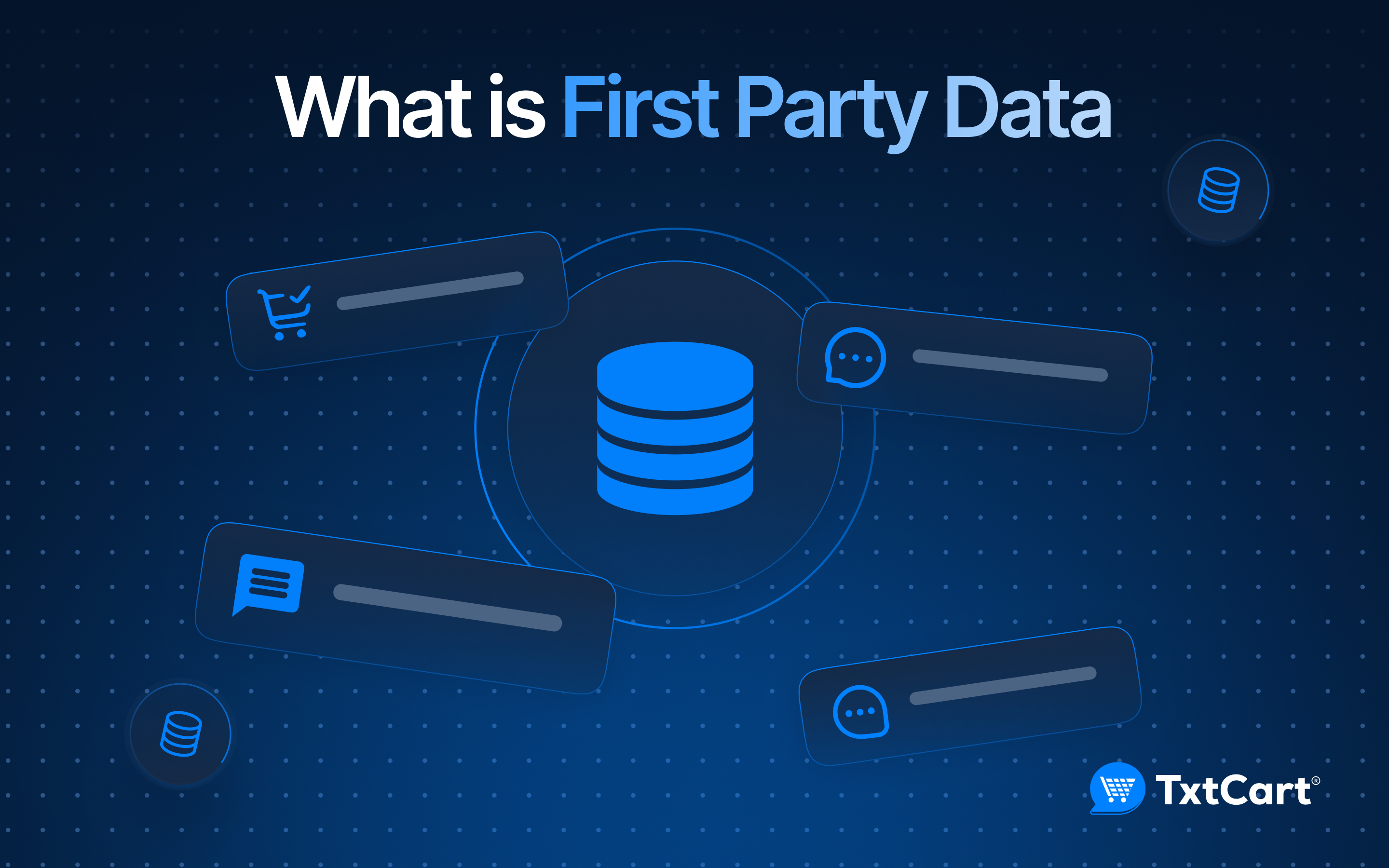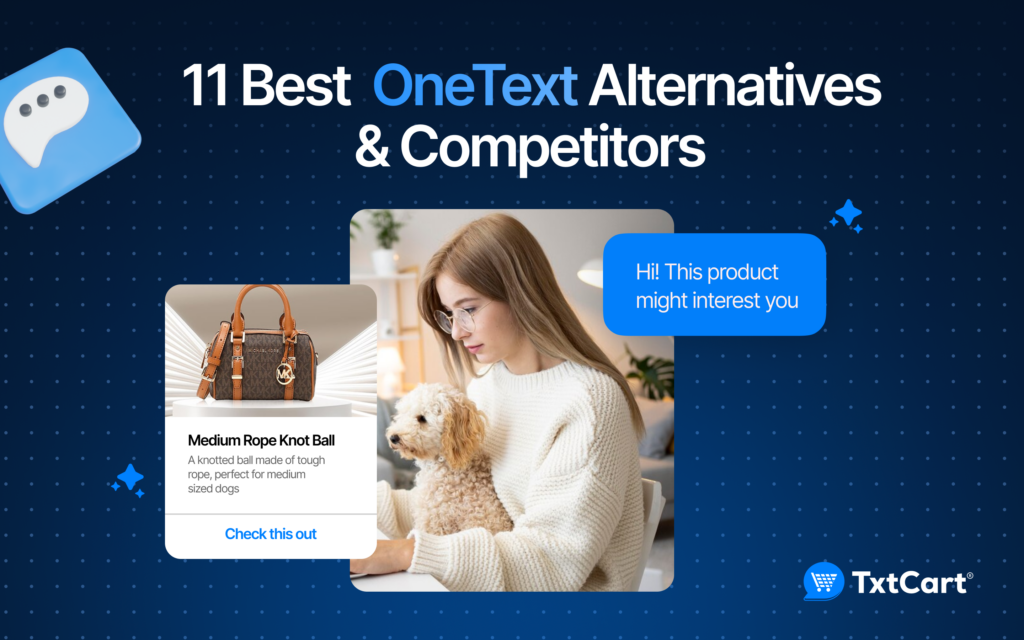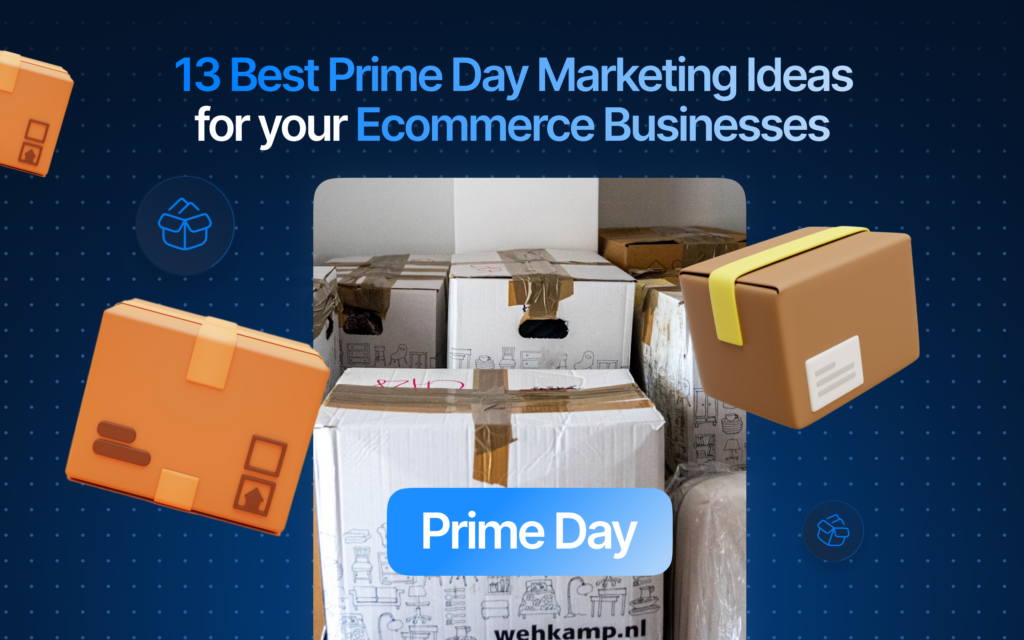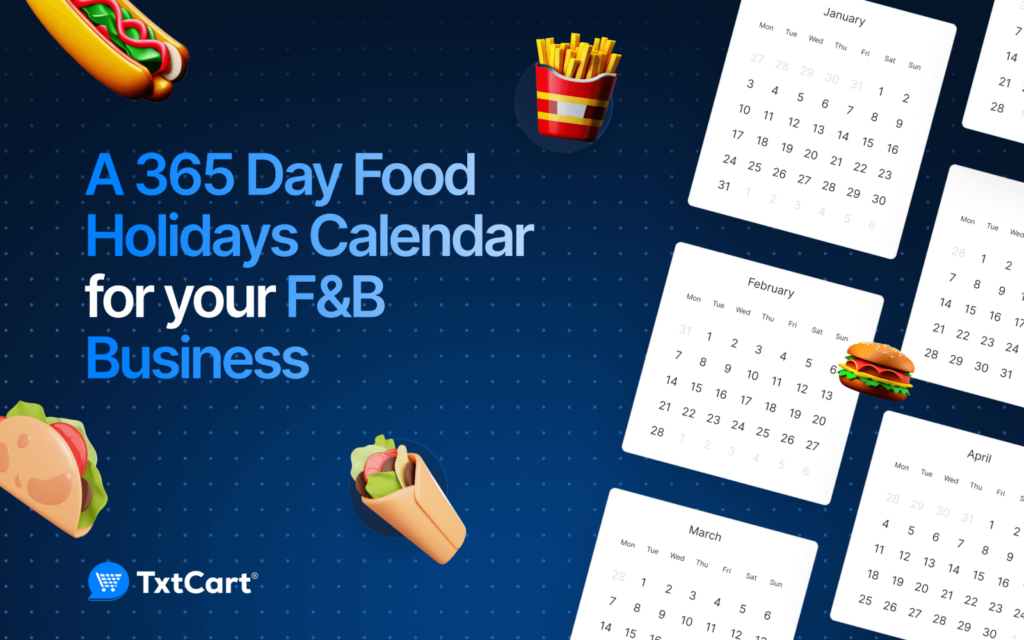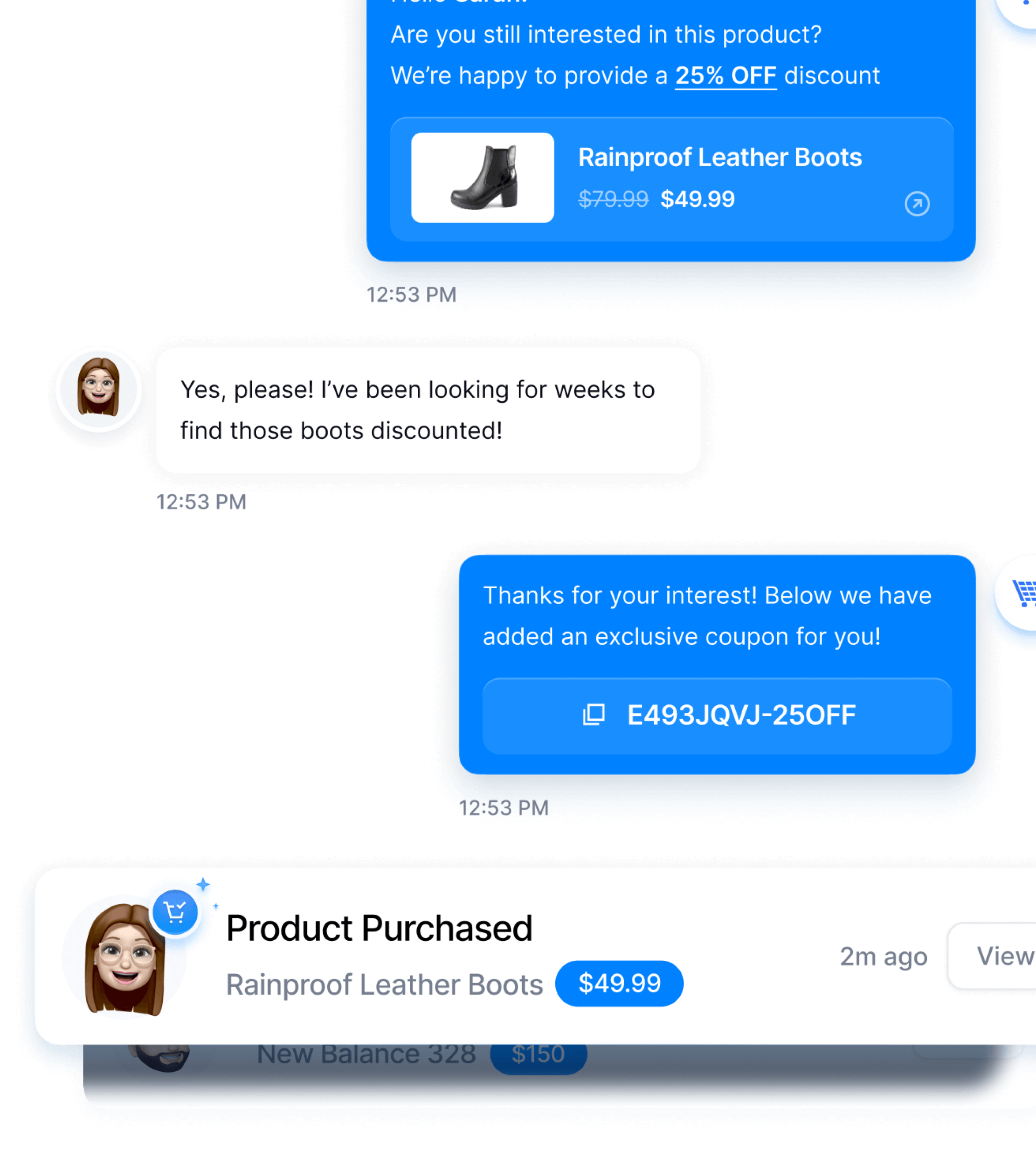The success of your marketing efforts directly depends on the data you rely on.
You can either collect accurate and reliable data directly from customers or use external sources. However, first-party data or data collected from customers will help you personalize messages like never before.
You’ll reach your customers with precisely what they need to hear. When that happens, there’s a boost in engagement, actions, and sales altogether. And one of the best ways to acquire first-party data is through SMS marketing.
It’s a quick and efficient way to collect information directly from customers. But how to use SMS marketing for acquiring first-party data? Let’s go through the details and find out.
What is first party data?
First-party data refers to the information a company collects directly from its customers or users. This data is obtained through interactions, transactions, and engagements with the company’s own platforms, such as websites, apps, or other channels.
Acquiring first-party data is highly valuable because it comes directly from the source, providing trusted insights into your audience’s preferences and behaviors.
As it is acquired directly from customers, it’s considered more reliable and accurate than second or third-party data, which may be aggregated from various sources that aren’t up-to-date.
These data types may also lack the depth required for personalizing the message, which is easily doable with first-party data. Moreover, businesses have complete control over first-party data and can use it as they fit.
Types of first party data
Let’s now look at some types of first-party data businesses can acquire:
- Demographic data: This includes information about the basic characteristics of individuals, such as age, gender, location, income, and education. With this data, you can create customer profiles and target specific audience segments.
- Behavioral data: It tracks the actions and activities of users, including website visits, page views, time spent on the site, clicks, searches, and other interactions. Understanding user behavior helps you tailor your products and services to meet customer needs.
- Transactional data: It involves details about customer transactions, such as purchase history, order value, products or services bought, and payment information. This type of data is crucial for understanding customer buying patterns and preferences.
Understanding SMS Marketing
SMS marketing involves sending short, targeted text messages to a group of individuals with their consent. These messages typically contain promotional content, updates, offers, or alerts. It leverages the widespread use of mobile phones to reach customers instantly and directly.
Here are some advantages of using SMS marketing to connect with your audiences:
- High open rate: SMS messages have exceptionally high open rates, often exceeding those of email marketing. Since text messages are typically opened within minutes of receipt, they provide a quick and direct communication channel with customers.
- Immediacy and timeliness: SMS is an immediate communication channel. Messages are delivered almost instantly, making it effective for time-sensitive promotions, flash sales, or urgent alerts.
- High engagement: Since text messages are concise and delivered directly to the recipient’s inbox, customers are likely to read and engage with the content.
- Opt-in model: SMS marketing typically operates on an opt-in model, meaning that individuals have given explicit consent to receive messages. This ensures that the audience is interested to receive and engage with the content.
- Cost-effective: Sending SMS messages is generally cost-effective compared to other forms of marketing. This makes it a budget-friendly option for businesses of all sizes.
Strategies to Leverage SMS Marketing for First-Party Data Acquisition
The above benefits suggest that SMS marketing remains effective in acquiring first-party data quickly and efficiently. You can intrigue them into giving information with offers, conduct surveys, and many more such ways. Let’s look at these strategies in detail:
Offer incentives for information
Customers will be less interested in giving information if you go empty-handed. Make it evident that they will receive something in return for sharing their data. This could include different types of discounts on their favorite brands, early access to sales, and a percentage off their next purchase.
Once they do share information, offer immediate discounts or special promotions as a way of thanking them. For example, provide a buy-one-get-one-free deal, 15% off on their next purchase, or multiple discount codes.
You can also run contests or giveaways with entry requirements tied to sharing first-party data. This could include submitting their information for a chance to win a prize, creating excitement, and encouraging participation. Such little initiatives will help you improve your SMS response rate for higher marketing ROI.
Conduct Surveys and Polls
Surveys and polls remain effective in acquiring first-party data from your audience. Start by identifying the specific information you plan to gather. Craft clear and concise questions with instructions on how participants can respond to the survey.
Whether by replying with a specific keyword, numeric code, or a short answer, make the process as straightforward as possible.
For example, if you want to understand customers’ shopping habits, you can send:
Tell us how you like to shop and get a 10% discount on your next purchase. Reply with:
a. Online
b. In-store
c. Both
d. Rarely shop with us
Similarly, you can extract information on communication preferences, demographics, product or service feedback, etc. To ensure you get maximum survey responses, choose a reliable SMS marketing platform that strikes conversations and leads to conversions.
Personalize the Experience
Gone are the days when you could craft one SMS and send it to every subscriber. Now, you need to prepare personalized messages that hit the right chord with your audience.
For instance, if you target frequent shoppers, your SMS should acknowledge their loyalty and offer personalized incentives based on their buying history.
“Hi (name), we value your loyalty as a frequent shopper! As a token of appreciation, here’s an exclusive 15% discount on your next purchase. Simply use code THANKYOU15 at checkout. Your continued support means the world to us!”
Similarly, if the customer has made previous purchases or engaged with your brand in any way, reference those interactions. For example, “We notice you enjoyed our last promotion. Would you like more personalized offers?”
Simply letting them know that you are keeping with them improves customer experience. As for their recent purchases, send an SMS asking about their experience with the brand and the platform. These little questions will go a long way in acquiring first-party data and boosting engagement.
Opt-in Campaigns
Opt-in campaigns are crucial in SMS marketing for several compelling reasons. At their core, these campaigns ensure that businesses obtain explicit consent from individuals before sending them promotional messages.
This process respects customers’ privacy rights and builds trust between businesses and their audiences. It’s a way of saying we won’t bother you with frequent updates if you don’t want us to.
By voluntarily inviting individuals to subscribe to SMS communications, running opt-in campaigns creates a more engaged and receptive audience. It also boosts engagement as people want you to send those messages their way.
Using First-Party Data for Targeted Marketing
Now that you have acquired first-party customer data, let’s create personalized campaigns that increase sales.
Use the collected data to create customer profiles based on individual preferences, behaviors, and needs. Identify common traits and create different segments.
With these segments, tailor your marketing messages and deliver more personalized messaging, offers, and recommendations. Also, implement a multi-channel marketing strategy where you consistently deliver the same experience across various channels.
Here are some targeted marketing strategies you can use to implement that successfully:
- Run personalized email campaigns: send targeted email campaigns with personalized product recommendations based on past purchases. Use customer names and other personal details to create a more engaging experience.
- Customized website experiences: implement personalized landing pages that dynamically adjust content based on user preferences. Display targeted promotions or content found on past interactions with the website.
- Segmented social media campaigns: create campaigns tailored to specific customer segments. Utilize first-party data to determine the most effective platforms and times for reaching different audience groups.
- Loyalty programs: develop personalized loyalty programs with rewards and incentives based on individual customer behavior. SMS marketing can encourage customers to subscribe to these loyalty programs.
- Re-engagement campaigns: use first-party data to identify inactive or lapsed customers. Implement re-engagement campaigns with personalized messages and special offers to bring them back.
Best Practices for SMS Marketing and Data Collection
SMS marketing can be a powerful tool for businesses to engage with their audience. However, it’s crucial to adhere to best practices to ensure compliance with regulations, respect user privacy, and maintain the quality and security of collected data. Here are some guidelines to follow:
Obtain explicit consent
Ensure that users explicitly opt-in to receive SMS marketing messages. This can be through a checkbox during sign-up or a specific opt-in message. Communicate the purpose and frequency of messages to set expectations.
Comply with regulations
Familiarize yourself with local and international regulations such as GDPR (General Data Protection Regulation), CAN-SPAM Act, and TCPA (Telephone Consumer Protection Act). Based on that, understand and follow the rules related to message content, frequency, and unsubscribe options.
Provide opt-out mechanism
Include clear instructions on how users can opt out of receiving messages. This is a legal requirement in many jurisdictions. Therefore, honor all opt-out requests promptly to maintain a positive reputation.
Collect only the necessary information
Limit the data collected to what is strictly necessary for SMS marketing purposes and avoid asking for excessive or irrelevant information. Also, communicate why each piece of information is needed.
Data transparency
Be transparent about how user data will be used. Clearly outline your privacy policy and terms of service. Provide users access to their data and allow them to request its deletion if they opt-out.
Conclusion
SMS marketing is undoubtedly one of the quickest ways of acquiring first party data. You can create personalized interactions and convince users to share their data.
As open rates are high, you are likelier to collect more data and put it to your use. Moreover, user consent is prioritized in SMS marketing, making users feel secure in sharing their information.
However, running successful SMS marketing campaigns for acquiring first-party data requires the right tools. Txtcart is one such tool that helps in automating the sending of messages, making it easier to scale your campaigns.
The more people you reach, the more information you generate. It also comes with various personalization features, allowing you to tailor messages to individual users. And we all saw above how personalization is the key to extracting user data.
Want to know more about TxtCart? Get started today!
